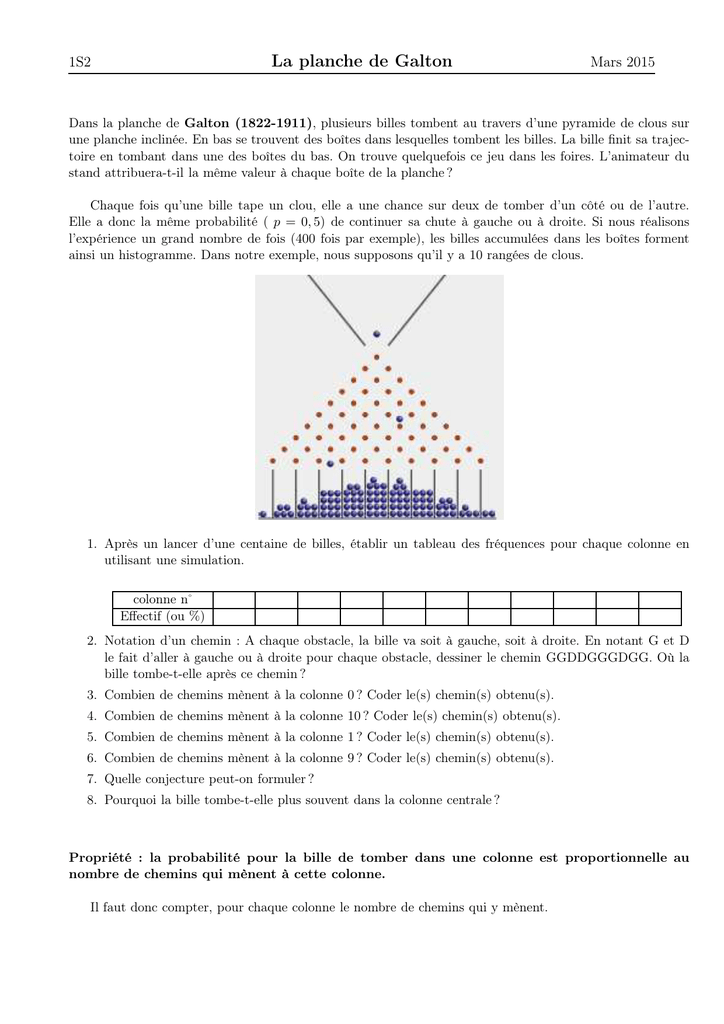

Policing skills, including physical capabilities and mental resiliency, are modifiable by training and experience and have an influence on police decision-making and performance in the field. As a result, law enforcement personnel are exposed to high levels of occupational stress, which have been shown to pose risks to physical and mental health ( Carleton et al., 2018, 2019 Planche et al., 2019). Police are also entrusted to resolve potentially dangerous or violent encounters, in some cases necessitating the use of force. Law enforcement personnel including police officers rely on several types of information as they go about their duties and daily routines external cues from the environment, internal physiology, declarative memory of laws and regulations, and implicitly learned tactical skills. We conclude this review by identifying practical, organizational, and systemic challenges to implementing evidence-based practices in policing and provide recommendations for best practices that will promote training effectiveness and occupational safety of end-users (i.e., police trainers and officers). A lack of applied research identifying the neurophysiological mechanisms underlying motor learning in police is inferred from a review of evidence from various clinical populations suffering from disorders of cognitive and motor systems, including Alzheimer’s and Parkinson’s disease and stroke.

Motor learning, memory, and perception are then discussed within the context of occupationally relevant stress, with a review of evidence-based training practices that promote officer performance and physiological responses to stress during high-stakes encounters. We begin by providing a basic understanding of the fundamental cognitive processes underlying motor learning, from novel skill acquisition to complex behaviors including situational awareness, and decision-making that precede and inform action. The following review is intended to bridge the gap between scientific knowledge and applied practice to inform best practices for training complex motor skills that are unique and critical to law enforcement, including the use of lethal force. As the nature of policing changes with society and the advancement of science and technology, so should the training practices that officers undertake at both central (i.e., police academy basic recruit training) and local (i.e., individual agency or precinct) levels. The practices surrounding police training of complex motor skills, including the use of force, varies greatly around the world, and even over the course of an officer’s career.


 0 kommentar(er)
0 kommentar(er)
